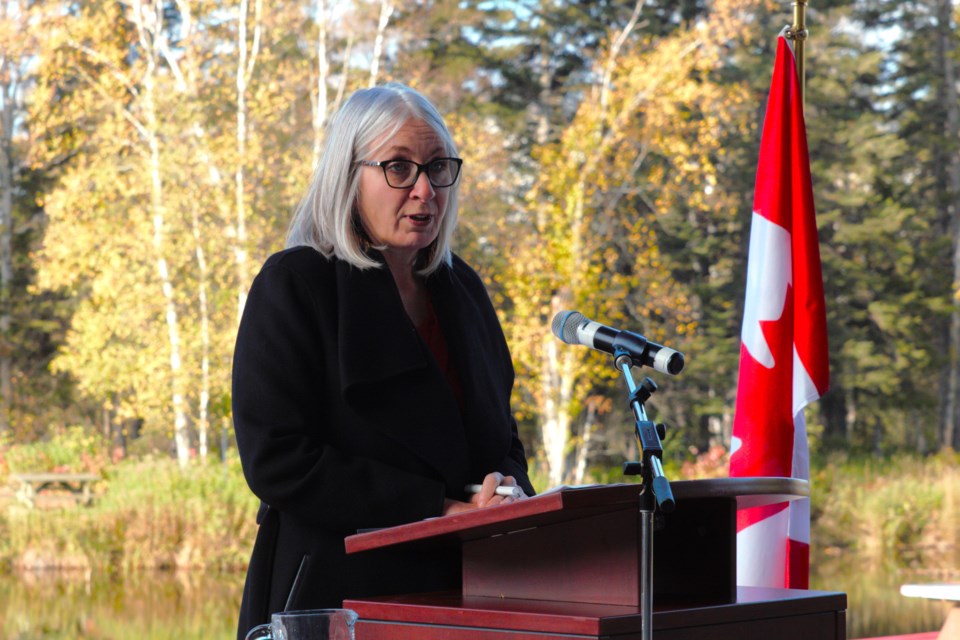OTTAWA – Currently, 27 long-term boil water advisories are in effect in First Nation across Canada. with 20 of those advisories in communities in Ontario.
Minister of Indigenous Services Patty Hajdu says a bill recently tabled by her government aims not just to eliminate those advisories, but transform the approach to First Nations drinking water systems.
That rhetoric has been greeted with skepticism by Nishnawbe Aski Nation (NAN), which called it only a "first step" amid significant ongoing challenges.
Known as the First Nations Clean Water Act, Bill C-61 will mandate that the federal government be accountable for consultation, cooperation, and funding of water infrastructure on First Nations land, which aligns with the United Nations Declaration on the Rights of Indigenous Peoples.
The bill will also support closing water service gaps between First Nations and non-First Nations communities, and operate independently of the Indian Act.
Guided by the principle of free, prior and informed consent, the bill sets out to require Canadian governments to consult and cooperate with First Nations on Bill C-61.
“Right now, First Nations don't have the tools they need to protect or monitor the water flowing into their communities," said Hajdu at a press conference on Monday. "All too often, that means that water is silently contaminated or rendered unusable, creating unacceptable health and safety conditions along with grief and fear."
First Nations will develop a First Nations Water Commission to assist in having greater control of drinking water and wastewater services. First Nations will also establish minimum national standards for drinking water and wastewater on their lands.
The government says a minimum national standard will aid First Nations and federal, provincial, and territorial governments in collaborative efforts to protect source water.
Hadju suggested the legislation will be co-drafted with unprecedented input from First Nations.
"The bureaucracy itself is designed around control," she said. "If we truly want to work with First Nations to co-develop or to approach co-development, we have to challenge all of our assumptions as ministers, as civil servants, as bureaucracy, about the secrecy of development, about how we share information, how we share draft legislation and how we do so in a way that respects parliamentary privilege."
In a statement, NAN Grand Chief Alvin Fiddler pointed out that 13 long-term drinking water advisories in 12 of the 49 communities NAN represents still need to be addressed.
Neskantaga First Nation is the longest in Canada, being on a boil water advisory for more than 10,000 days.
“Our leaders have demanded solutions for years, and this goes to the heart of many of our communities’ struggles to this day. While most Canadians can just turn on the tap and get clean water, there are many NAN First Nations that continue to suffer the impacts of decades of bad water,” Fiddler stated.
In 2018, the Assembly of First Nations and government officials engaged in a review of the 2013 Safe Drinking Water for First Nations Act. First Nations shared several concerns the act did not address, including the lack of funding for water and wastewater infrastructure, lack of protection of source water, lack of addressing water issues directly affecting First Nations communities, and infringement of treaty rights.
In 2019, legal actions were taken by representatives of First Nations against Canada which was settled in court in 2021. The Safe Drinking Water for First Nations Class Action Settlement Agreement was established shortly afterwards, mandating that Canada repeal 2013’s Safe Drinking Water for First Nations Act and replace the legislation in consultation with First Nations by December 31, 2022.
Nearly a year later, Bill C-61 has been tabled in the House of Commons.
